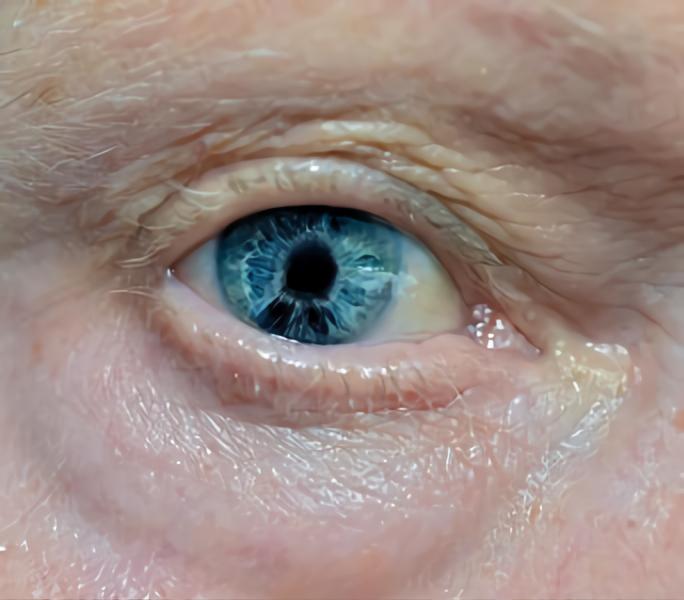Share This Article
If you’ve just found out that you have Glaucoma or you suspect you might need Glaucoma treatment, then this piece will help you to understand the condition further.
What is Glaucoma?
Glaucoma vision is a common eye problem and is the result of the optic nerve becoming damaged. The Glaucoma optic nerve connects the eye to the brain and damage occurs when fluid builds up in the front of the eye. This increases the pressures in the eye which, if too high, can be extremely dangerous and lead to blindness if the condition isn’t diagnosed and treated in time. Is Glaucoma hereditary? Yes, it is often a hereditary condition, so if one of your parents suffers or suffered with Glaucoma, or you have a sibling with the condition, it is best advised to check your eyes at least once a year for safety. Often this eye condition can be controlled with Glaucoma drops but it does depend on the severity.
Glaucoma Symptoms
Generally, Glaucoma affects adults in their 70s+ but it can affect younger adults. You may not even know that you have it, as symptoms don’t present themselves immediately. Eye tests can immediately determine if you have Glaucoma and if you are over 40, it’s a good idea to request a Glaucoma test during a routine eye test appointment. Early symptoms include the edges of your vision becoming less clear, this area of vision is called your peripheral vision. Additionally, you might see rainbow-coloured circles when you look at bright light. If you have Glaucoma, you will likely have it in both eyes although one eye may be worse than the other.

In severe cases, Glaucoma symptoms include:
- Severe pain in your eye.
- Nausea.
- Vomiting.
- Redness in your eye or eyes.
- Headache.
- Seeing colours around bright lights.
- Blurred eyesight.
- Tender eyes.
Do see your doctor or optician if you suspect you might have Glaucoma because early diagnosis will make a tremendous difference to your quality of life and without treatment, you risk going blind.
Glaucoma Definition
There are different types of Glaucoma, the most common is known as Primary Open Angle Glaucoma (https://www.glaucoma.org/glaucoma/primary-open-angle-glaucoma.php) and is a slow-developing condition that worsens over years. This occurs when the drainage areas of the eye clog up.
There is also Acute Angle Closure Glaucoma, which is less common. It also involves the drainage channels of the eye becoming blocked, but it happens very quickly, and the eye pressures shoot up.
Secondary Glaucoma is another condition which is caused by another eye problem such as Uveitis (an inflammation of the eye). Finally, there is a child’s version known as Congenital Glaucoma which is a rare condition that happens in young children as a result of an eye abnormality.
Glaucoma Causes
Glaucoma can happen for lots of different reasons but mainly, the condition occurs when there is a build-up of fluid in the eye because it doesn’t drain properly, this results in the eye pressures rising significantly. When the pressures rise, the optic nerve is at risk of damage. It is unclear why this happens, but we do know that Glaucoma is an aging condition and more common amongst older adults. Additionally, those of Asian, African or Caribbean ethnicity are in a higher risk category. If you have family history of Glaucoma, you are also at risk of the condition as hereditary Glaucoma is often the cause. Other conditions such as extreme short or long sight or diabetes can also result in Glaucoma.
Glaucoma Tests
Usually, Glaucoma is quickly picked up when you have an eye test often before you experience any symptoms which is why it is important to have an annual check-up. If you have family history of Glaucoma, do request regular check-ups. If you are told you have Glaucoma, you should seek advice from an eye specialist to determine the treatment.
Glaucoma Treatment
If you have lost any vision, then you will not restore it but treating Glaucoma will help to prevent any further loss of eyesight. There are different treatments, such as Glaucoma medications, depending on the type of Glaucoma you have:
- Glaucoma eye drops which reduce the pressure in the eyes.
- Laser eye treatment which opens up the blocked tubes and helps to reduce the fluid build-up.
- Glaucoma surgery, which drains away the fluid.
You will also need to attend regular eye specialist appointments to assess your condition and ensure the Glaucoma treatment works effectively.
Glaucoma ICD10
Don’t be confused by the above term! It simply refers to a code that indicates a Glaucoma diagnosis for reimbursement post-surgery if you’re using health insurance.
Finally, for any eye conditions or discomfort, don’t leave it – get it treated, with the first port of call being your medical practitioner or doctor.

